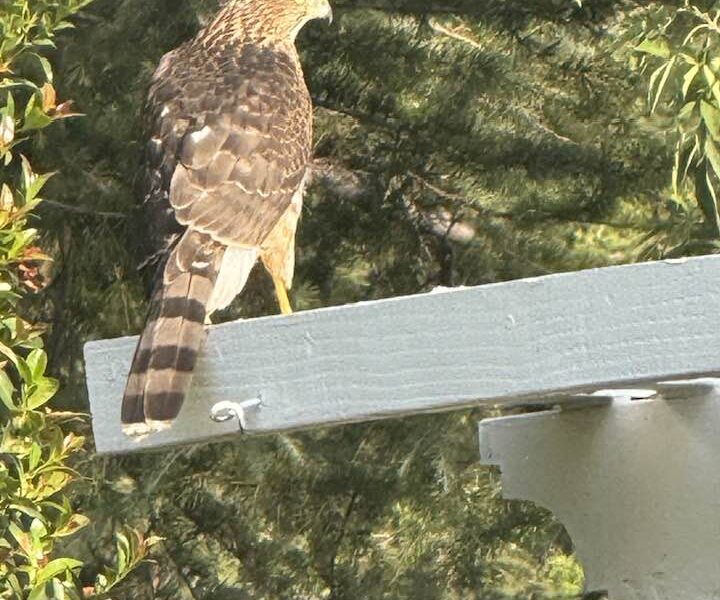When we think of garden allies, we often picture bees and butterflies. But your garden is home to a diverse range of creatures — from buzzing insects to watchful birds and even reptiles — that help maintain a balanced, thriving ecosystem. If you’re growing fruit trees, vegetables, or pollinator-friendly plants, these beneficial animals are your garden’s hidden workforce.
Let’s explore some of the most valuable garden helpers and how they naturally support your plants, flowers, and soil.
🐝 1. Bees – The Pollination Powerhouses
Bees are arguably the most essential insect in any fruit or flower garden. They transfer pollen from flower to flower, enabling plants to produce fruit, seeds, and more blooms. Without bees, many of your crops — apples, plums, nectarines, squash, and more — would have drastically reduced yields.
Support them by planting native wildflowers, avoiding pesticides, and providing a water source.
🦎 2. Lizards – The Natural Pest Patrol
Lizards are excellent insectivores, feeding on garden pests like ants, aphids, beetles, crickets, and caterpillars. They help control populations of harmful insects without damaging plants.
Why they matter: They’re quiet, low-maintenance predators that keep pest populations in check — especially in warmer California gardens.
How to attract them: Add rocks, logs, and dense groundcover for hiding places. Avoid using harsh chemicals.
🐦 3. Birds – Pest Control and Pollinators
Many birds, especially smaller insectivorous species like wrens, warblers, and chickadees, consume hundreds of insects daily — including caterpillars, grubs, and beetles that harm your plants. Some birds even help with pollination and seed dispersal.
Avoid bird feeders that distract from insect foraging, and plant berry-producing shrubs or install bird baths to keep them around.
🐦⬛ 4. Cranes and Larger Birds – Occasional Visitors, Limited Benefit
While cranes are elegant and fascinating birds, they are not typically beneficial to the average backyard garden. Their diet is more aquatic or grassy (e.g., insects, amphibians, seeds, and tubers), and they’re rarely found working in small gardens.
You might enjoy seeing them pass through your area, but they don’t provide consistent or measurable garden support like other species on this list.
🐺 5. Coyotes – Indirect but Important Ecological Roles
Coyotes may not seem like garden friends at first glance, but they play a key role in local ecology by keeping rodent populations under control, including gophers, rats, and rabbits that can destroy young plants, dig up roots, or eat fruits.
Just remember: Coyotes are wild animals and best appreciated from a distance. They don’t belong in the garden, but in the surrounding ecosystem, they contribute to a natural balance.
🐞 Bonus: Other Insects to Know
-
Ladybugs eat aphids and mites.
-
Hoverflies are excellent pollinators, and their larvae eat soft-bodied pests.
-
Praying Mantises are generalist predators that help control many pest species.
🏡 Final Thoughts: Invite the Right Visitors
A thriving garden isn’t just about soil and sunlight — it’s about life. Encouraging the presence of bees, lizards, birds, and natural predators helps build a self-sustaining system where pest problems are minimized and pollination is maximized. These creatures are free, effective, and chemical-free garden allies.
Want to make your garden more wildlife-friendly? Try adding native plants, fresh water sources, shelter spots, and avoiding harmful sprays.


The standard chunk of Lorem Ipsum used since the 1500s is reproduced below for those interested. Sections 1.10.32 and 1.10.33 from “de Finibus Bonorum et Malorum” by Cicero are also reproduced in their exact original form, accompanied by English versions from the 1914 translation by H. Rackham.


